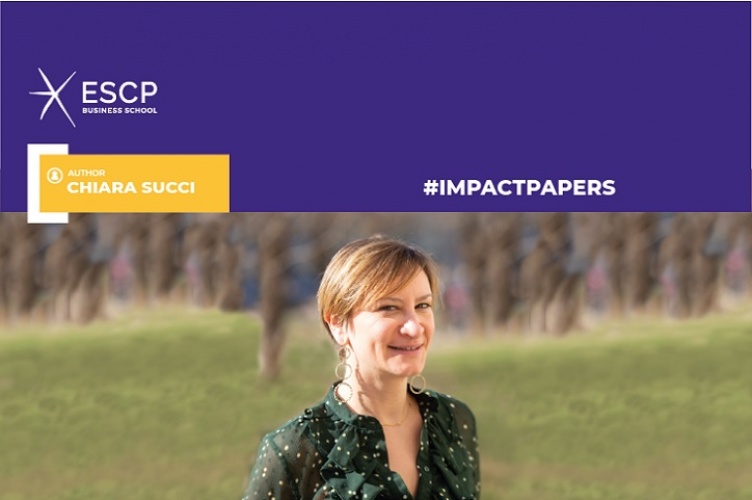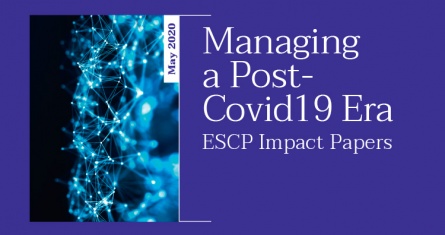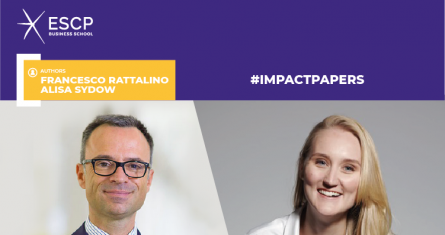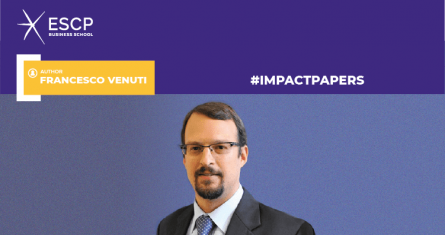During the health emergency brought on by Covid-19, we can observe unexpected practices and behaviours within organizations. The multiple obstacles people are facing to get their job done from home (e.g. physical distance, technological equipment, attention span, support to the community and family members, etc.) are forcing them to reinvent work activities significantly. In-depth reflection is needed to outline the managerial implications and key drivers of this phenomenon.
Despite huge human and financial losses, this crisis represents an opportunity to observe how people react to disruptive events and which capabilities are put in place, when forced out of their comfort zone. In fact, many skills have been developed by employees and managers in just a few weeks, while companies have been struggling to develop them in formal settings for years.
Associate Professor Chiara Succi, in the paper “Freedom & vulnerability: How people develop new skills in an unexpected work environment”, in particular focuses on the set of soft skills developed by people to face the many challenges on a personal, social and methodological level. Finally, conditions to sustain and perpetuate these efforts are described, such as work flexibility, agile teams and a learning culture.
This paper is part of the first series of impact papers produced by the school’s faculty on “Managing a Post-Covid19 Era”.
The ESCP Impact Papers are meant to help business and society following this unprecedented pandemic and aimed at providing insights into management knowledge that is applicable to not only practising managers, but also other stakeholders, namely the European community, students and society.
If you would like to find out more, please click here to our latest impact paper discussing the topic above in more depth.
Campuses



